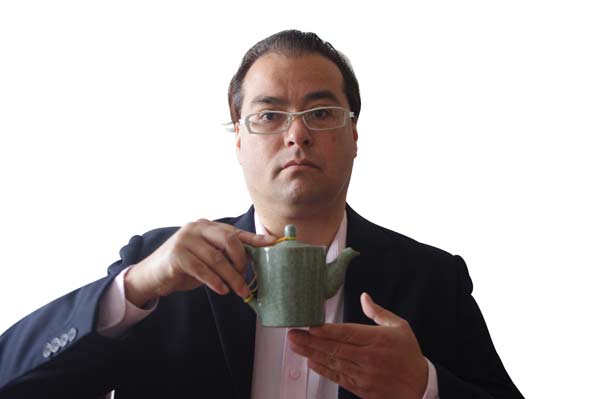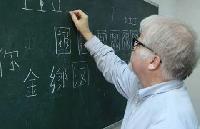Expat consumes life in Chinese tea
 |
|
Photo provided to China Daily |
The films prompted Peltier to develop an interest in the brew, and he started to buy various kinds of teas.
He stumbled upon Tieguanyin, a type of oolong that originated in Fujian province, and was deeply fascinated by its fragrance.
"It's way better than the teabag tea. Not pungent. You don't need to put sugar in it as it tastes sweet by itself," Peltier says.
He started to forage through book markets to find any kind of English book related to Chinese tea culture. He stumbled upon an English translation of The Classic of Tea, written by Lu Yu (AD 733-804) in the eighth century.
The more he read, the more Pel-tier was determined to visit China.
"Translation of the classic is awful. I wanted to find the original book and write a better English tea book to allow more Westerners to understand the profound tea culture of China," Peltier says.
But before moving to China, Peltier knew he had to learn the language well enough to converse.
Luckily, with satellite TV becoming more widespread in the 1990s, Peltier had greater access to Chinese television, everything from medical dramas to legal thrillers.
"Whenever the characters said something I didn't understand, I noted it down and looked it up in the dictionary and I repeated what they said on TV," Peltier says, adding he spent an average of five hours watching shows every day.


















